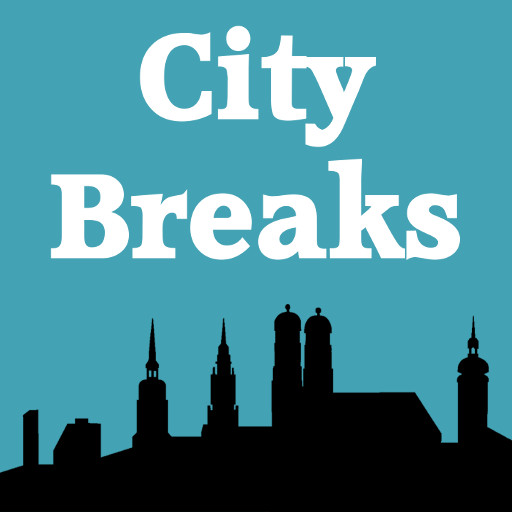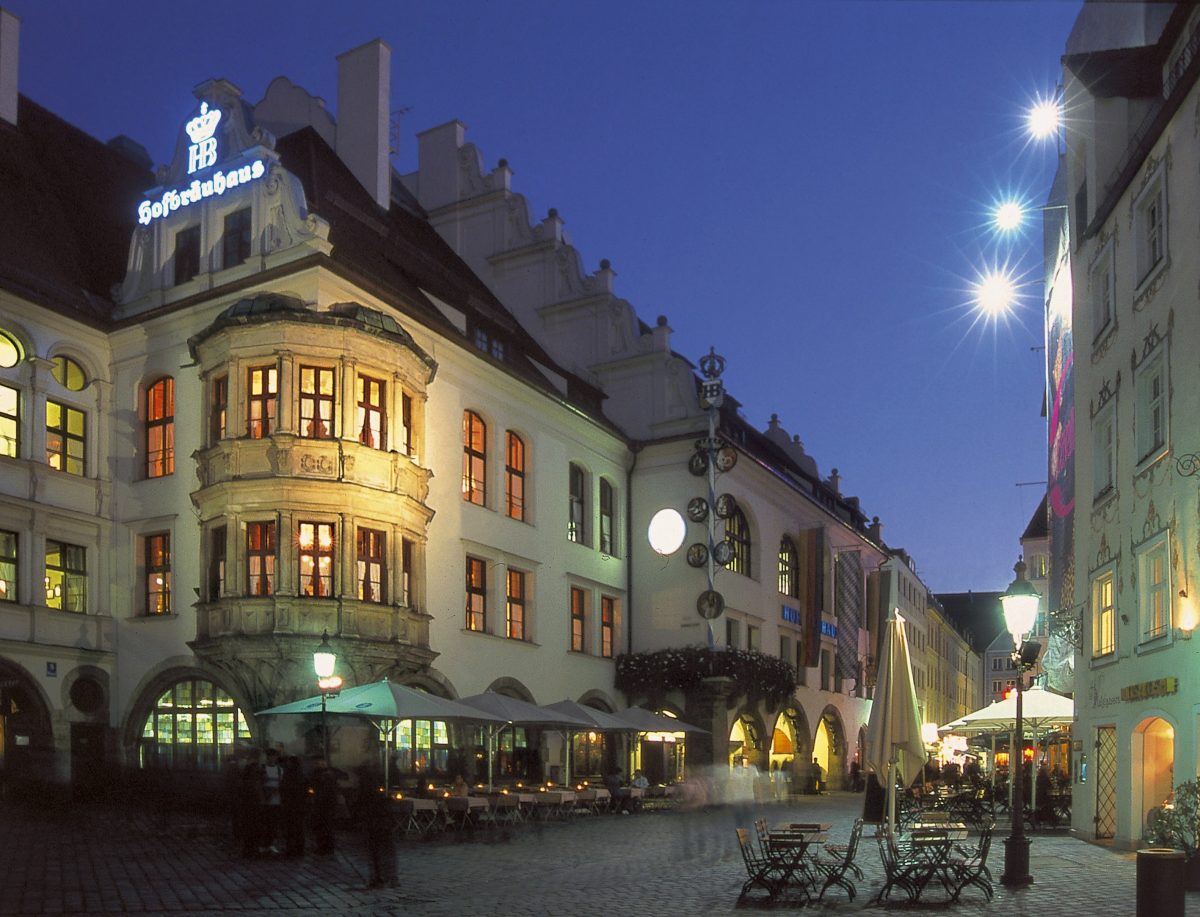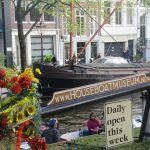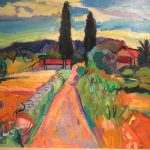Munich is surely the World Capital of Beer and the city’s Oktoberfest is the world’s largest beer festival. This post gives a little history of brewing in Munich, from its beginnings in medieval monasteries to the big breweries there today, then takes a wander through some of the city’s best beer halls and beer gardens. We give a few pointers on how to order and what snack foods will ensure you drink your beer in true Bavarian style. We finish with a visit to the Oktoberfest and a few ideas for further research: a museum for beer-lovers and ideas for a guided tour of the city’s breweries and beer halls. Prost!
a little history
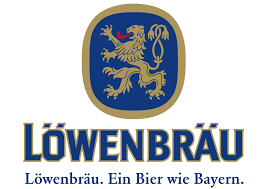
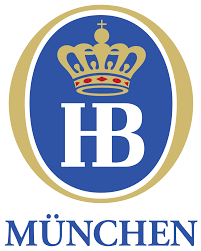
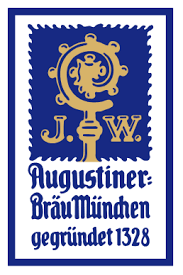
It was Munich’s monks who first brewed beer which, given the state of drinking water in the Middle Ages, was viewed as a healthy way to drink liquid. They enjoyed it themselves and distributed it to those living near the monastery. A key date came in 1487, when Duke Albrecht IV, keen to promote high quality beer, passed a law known as the ‘Reinheitsgebot’, stating that ‘Beer should be boiled from nothing other than hops, barley and water’. Still today, this forms the basis of the ‘Beer Purity Regulations’, although yeast is also allowed. In the 1860s, production went industrial and large breweries were built.
There is a lot more on the big breweries on the podcast, but among the most famous are the Augustiner, which grew from the monks’ production of beer and was the sole provider of beer to the royal family, the Wittelsbachs, for several centuries. Until 1589 in fact, when Duke Wilhelm IV decided to take things in house and founded a royal brewery, the Hofbräu. He needed it, he said, to serve his ‘thirsty and demanding household’, but from 1610 Hofbräu beer was also sold to the public and the company began to grow. And then there’s Löwenbräu, which means ‘lions’ brew’ and was named after the founder of the city, one Henry the Lion.
munich’s beer halls and beer gardens
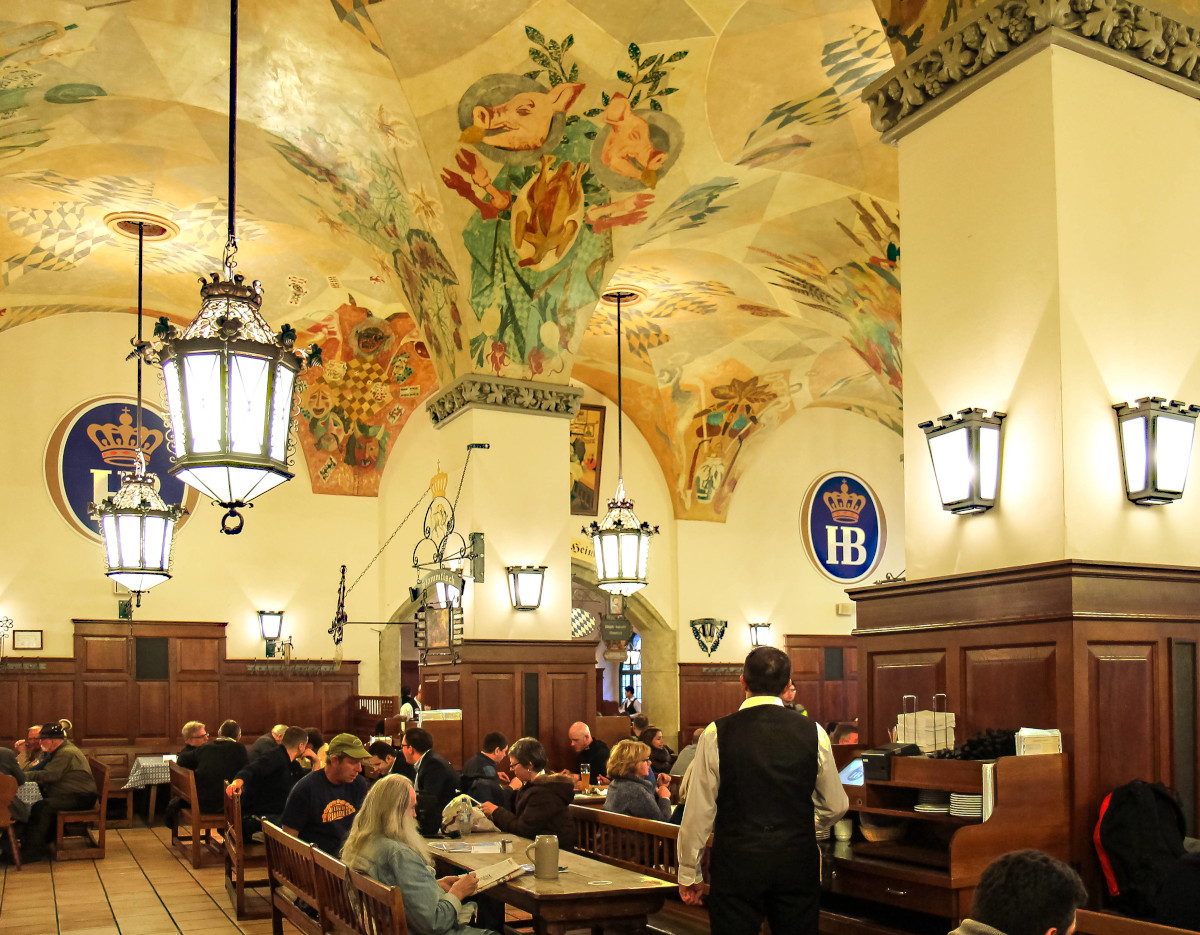
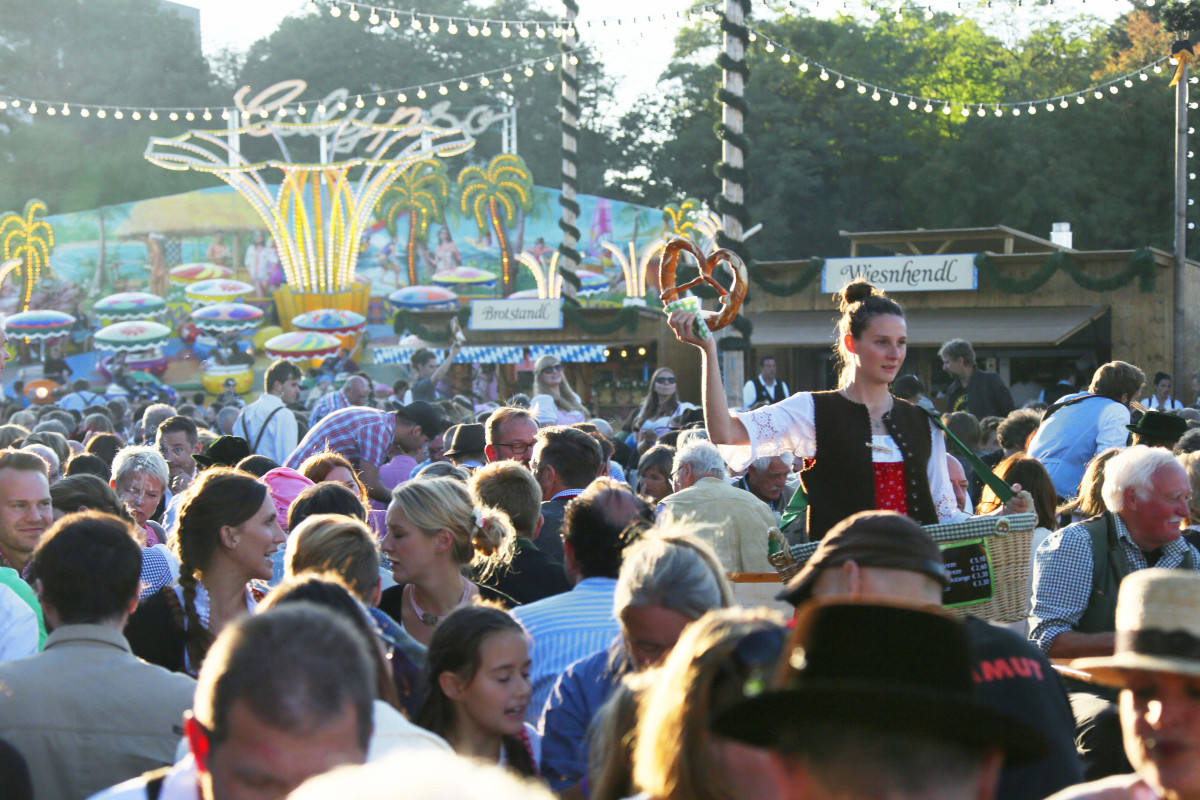
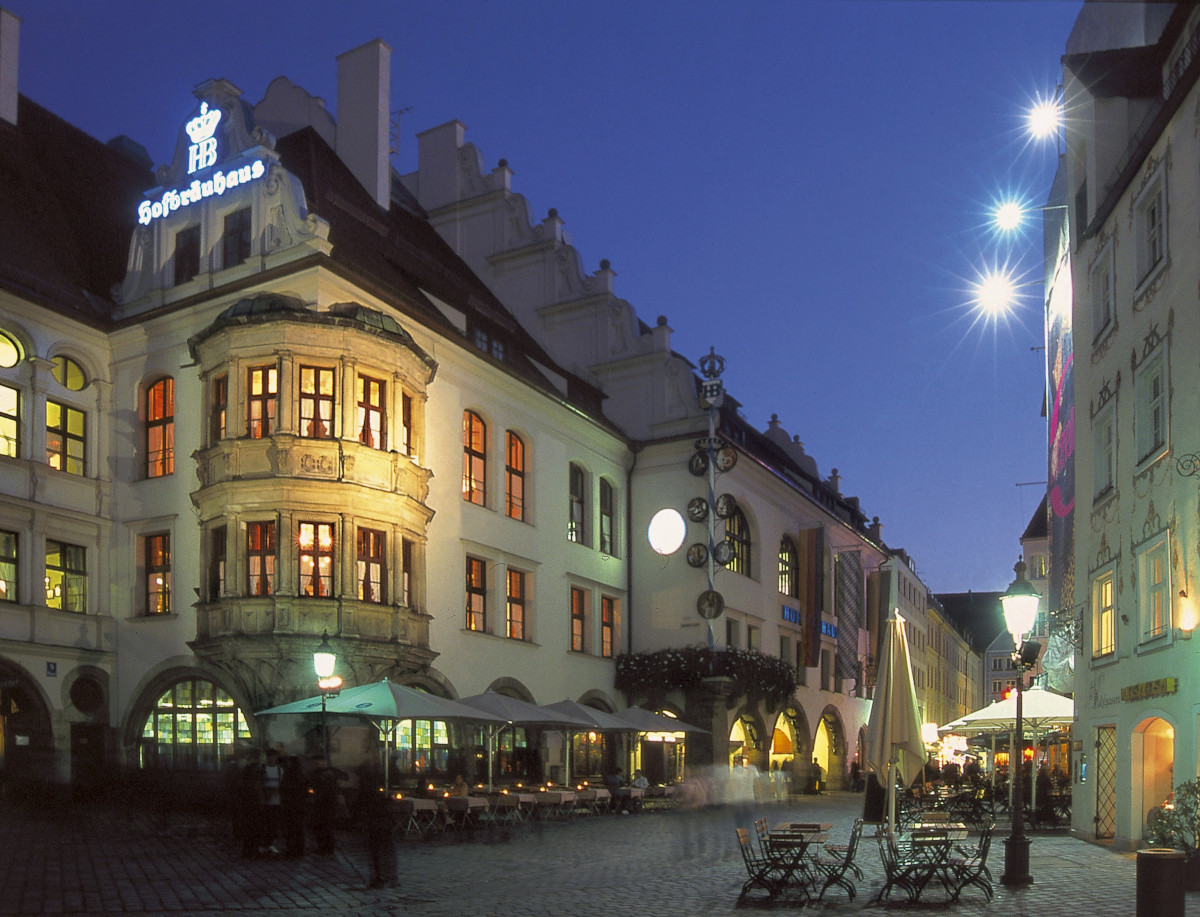
There are about 100 Beer Halls and Beer Gardens in Munich and its suburbs, seating around 100,000 people. Perhaps the most famous is the Hofbräuhaus, which dates from 1896 and has a lot of history attached – see episode 07 for its Hitler connection. It seats 1,000 people downstairs and 400 more in the lovely garden, a city haven where the chestnut trees are centuries old. Look out for the collection of tankards owned by ‘Stammkunden’, that is regular customers. They are padlocked away and many of the present owners have inherited them from their forefathers.
Other well-known venues are the vast Augustiner Keller, another city centre beer hall with space for 5000 guests. It’s very traditional – expect waiting staff in Bavarian dress who can carry huge trays piled high with litre glasses full of beer without mishap. It too has a pretty garden. Then, in the Englischer Garten, there are several beer gardens, including the huge Chinese Tower Beer Garden. A little further out, near the Nymphenburg Palace, is the Hirschgarten, which means ‘deer garden’ and where you will still see deer. It’s an excellent place to stop off after you’ve been to the palace.
what to eat and drink
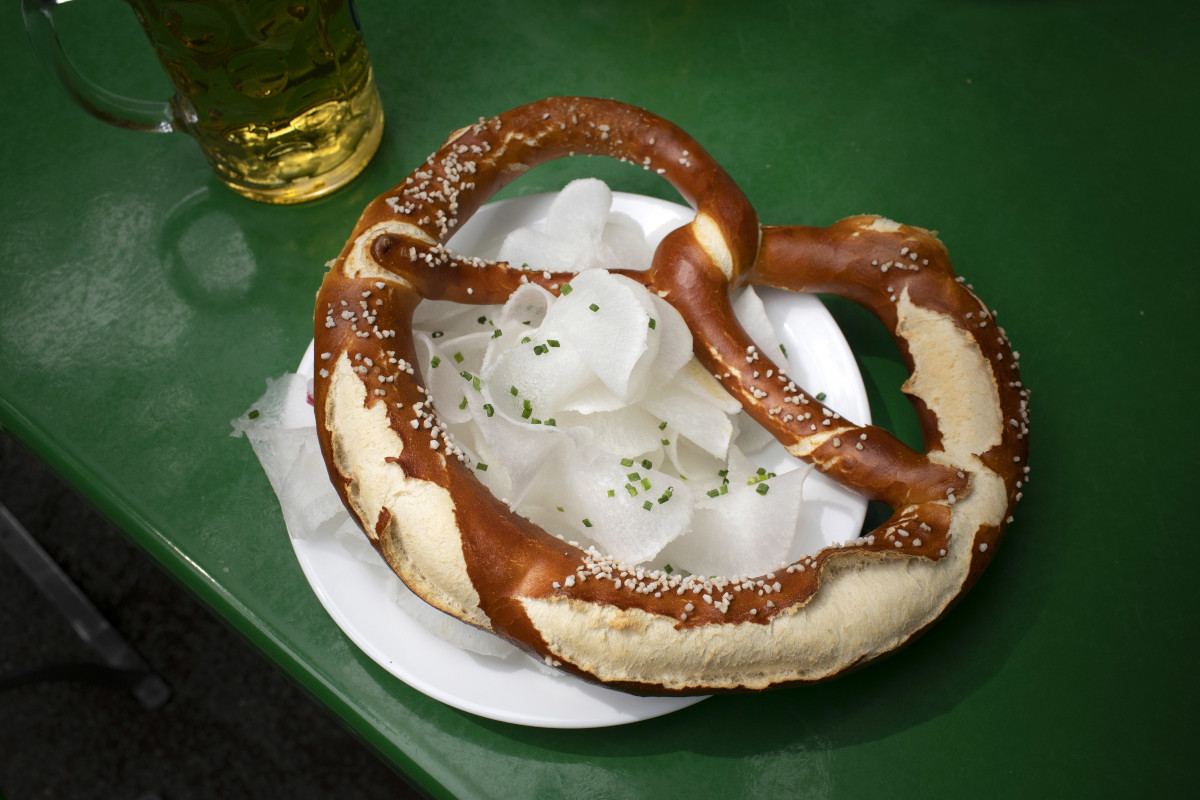
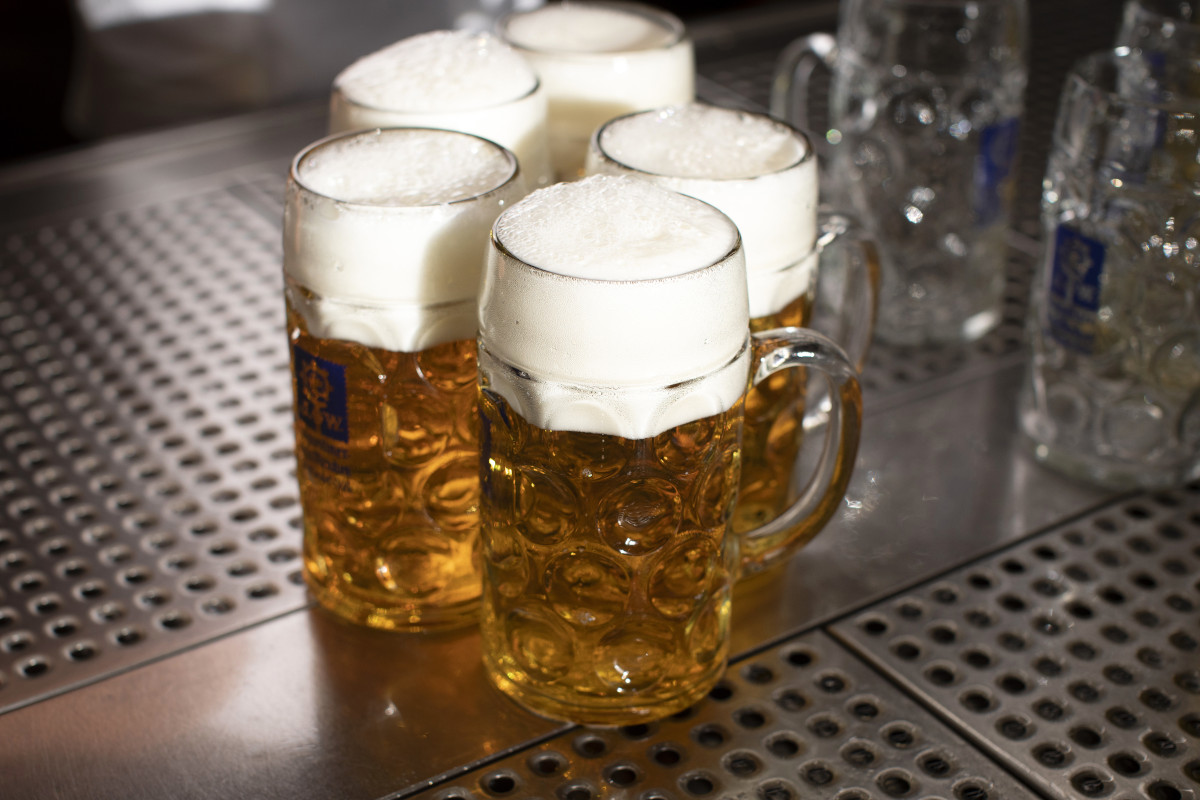
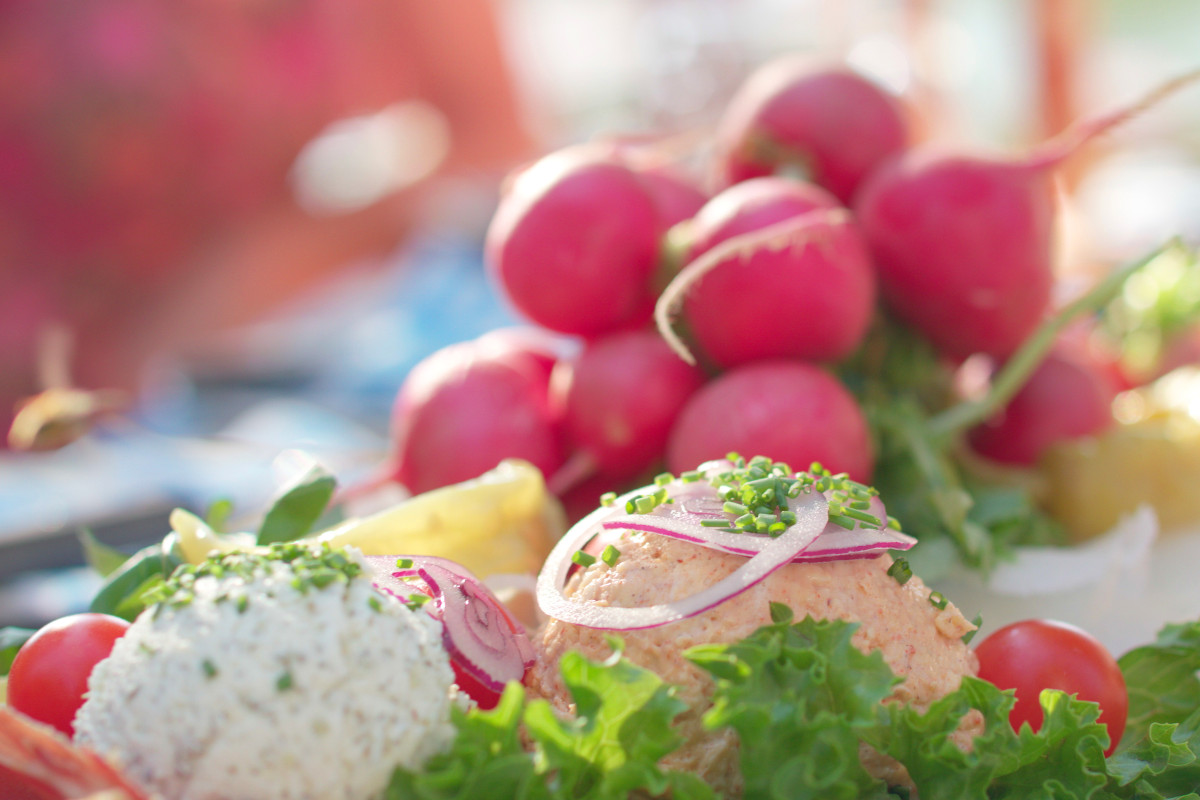
‘Bier’ is beer, which is handy, but it’s useful to know that ‘ein Helles’ gets you a lager, while ‘ein Dunkles’ is for something darker. Weissbier is wheat beer, a different taste! If you want a shandy, that’s a ‘Radler’. The standard serving is ….. a litre! But ‘ein Halbes’ will get you half that much. Don’t forget to say ‘Prost’ as you start drinking.
As for food, the traditional accompaniment is a ‘Brezel’ (pretzel in English) and perhaps some radishes. Not small, strong ones, but a larger, milder variety. You may see Germans who have brought along a special knife to cut curls of radish off to nibble on. Other oft-seen snacks include Obatzda, a creamy cheese flavoured with onion and paprika, which you can spread on your Brezel as a fatty layer to soak up the alcohol you plan to drink. Leberkäse – a pork-based meat loaf – and Leberwurst – liver sausage- are popular too. A range of meals, such as chicken or pork cutlets, is likely to be available too. Guten Appetit!
the oktoberfest
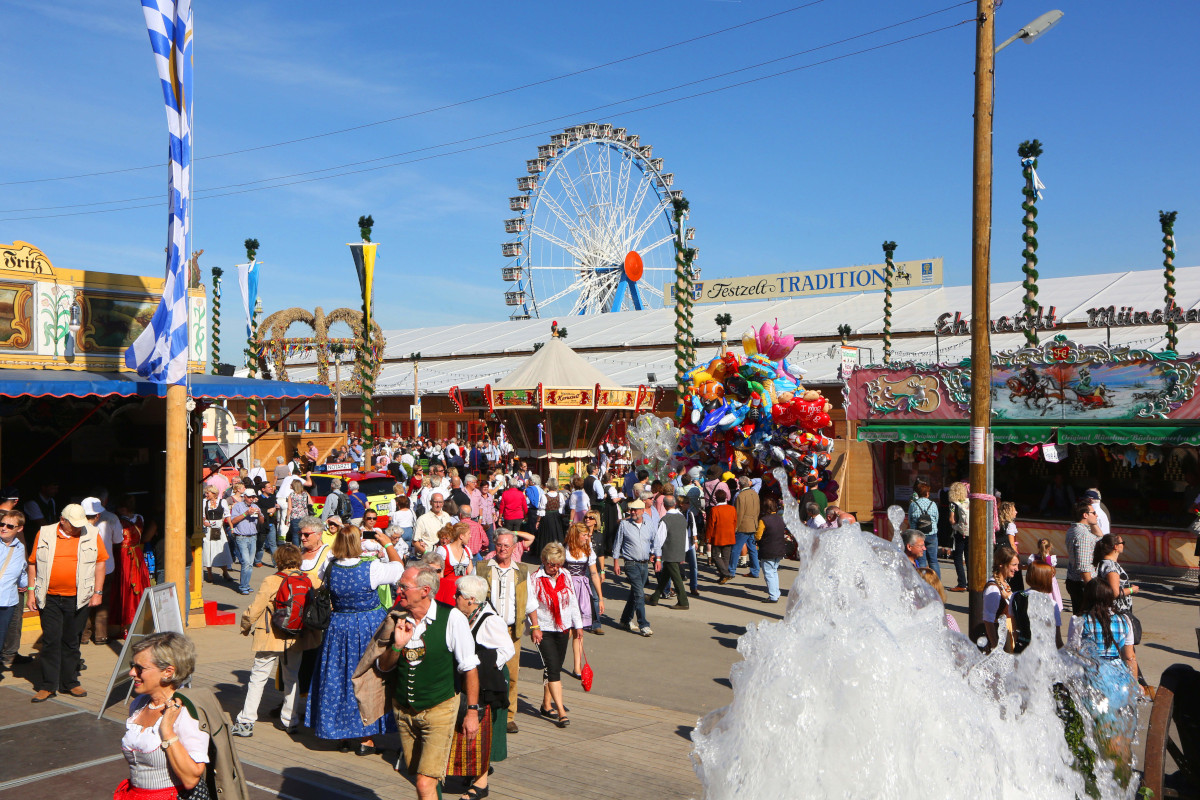
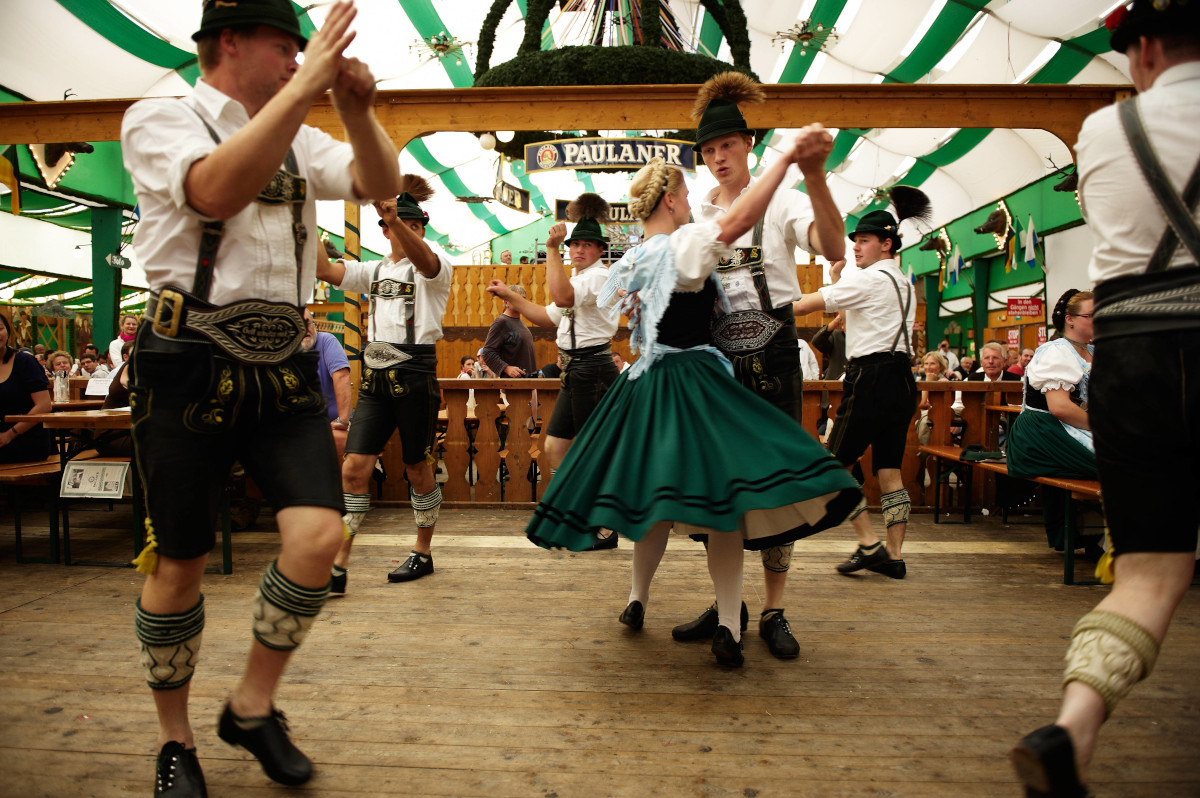
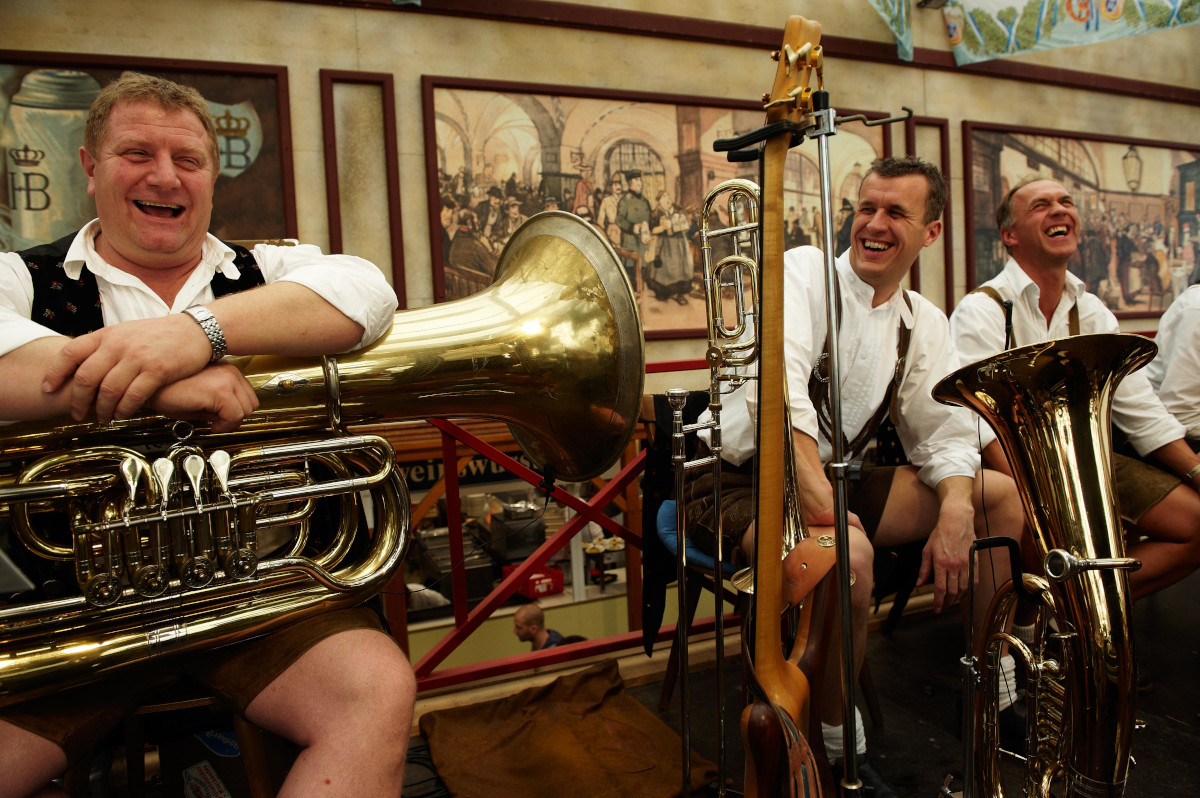
Munich’s annual Beer Festival takes place over 16 days … in September! Who knows why it’s then, although to be fair it does often run into October. It’s the world’s largest beer festival, attracting some 6 million visitors and has lots of traditions attached. It grew out of a wedding celebration for Prince (later King) Ludwig in 1810, which was so popular that it was decided to repeat it every year. The original included horse-racing, but that was abandoned in 1960 and now it’s just beer.
It begins with a ‘Brewers’ Parade’, ie a procession of horse-drawn carriages, like those used in the original breweries, to the ‘Theresienwiese’, the fields where the festival is held. The first carriage, transporting an enormous barrel, is met by the mayor who cracks it open with a mallet and declares the festival underway. All the big breweries have tents, and there is a funfair and an agricultural show attached. The Oktoberfest Mass is held in the Hippodrom Beer tent on the first Thursday and on the following Sunday there’s a costumed procession through the city. Expect to see lots of Bavarian costumes – dirndl skirts, Lederhosen and felt hats with little green feathers.
other beer-related things to do in munich
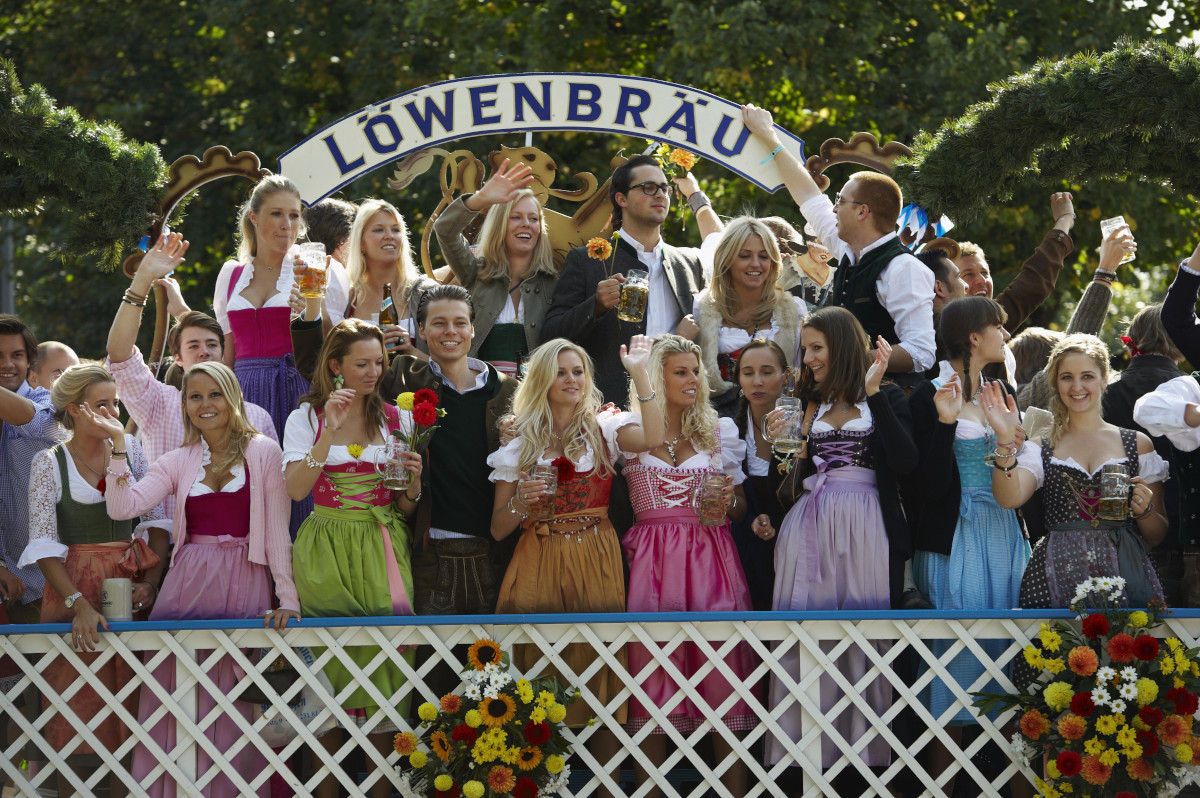
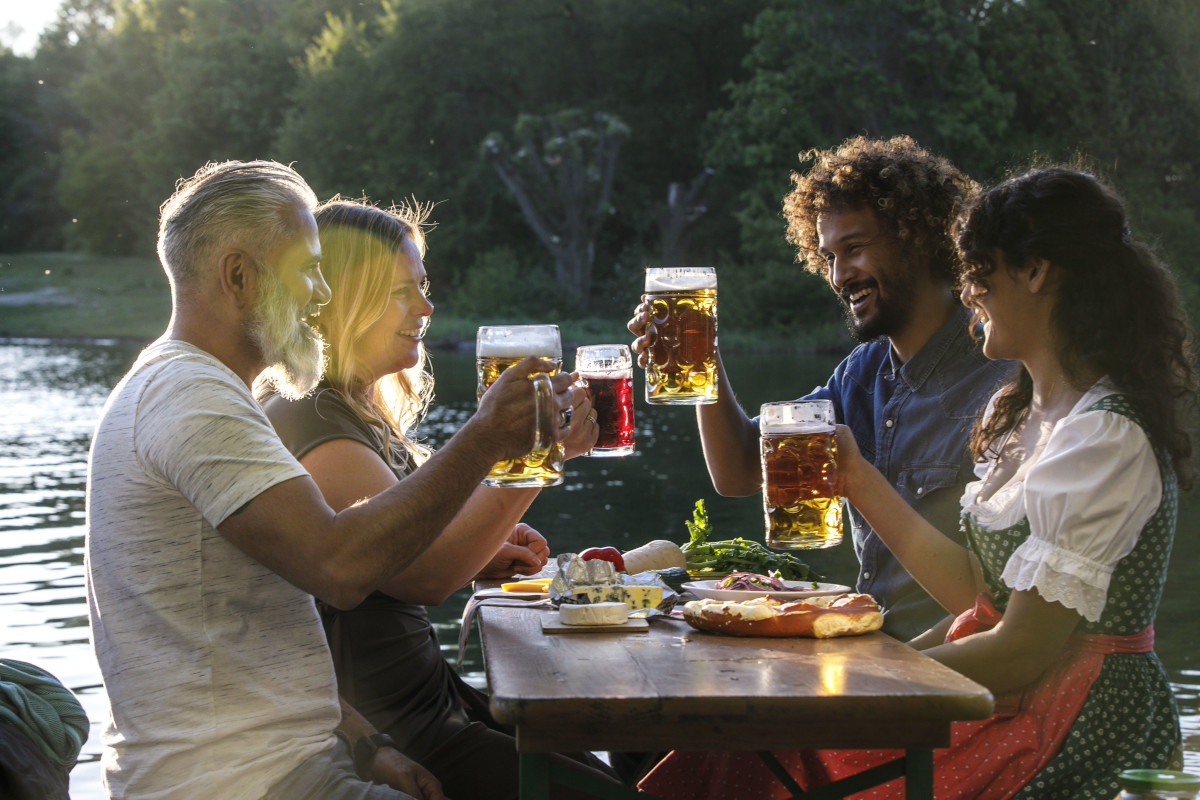

The Bier and OktoberfestMuseum is a beer-related museum sited in the oldest house in Munich, which dates from 1340 and is worth a look just for that reason. It’s a good place to learn about the history of beer in the city and to find out more about the Oktoberfest.
Lots of companies will take you on a beer tour of the city, usually involving a little history, sometimes a tour of one or more breweries and – of course! – at least a modicum of tasting. Good places to find out about these include here and here.
Listen to the POdcast
Links for this post
The Hofbräuhaus
The Augustinerkeller
The Hirschgarten
The Chinese Tower Beer Garden
The Beer and Oktoberfest Museum
Simply Munich Beer and Brewery Tour
Get Your Guide Beer and Brewery Tours in Munich
Previous Episode Enjoying the Food in Munich
This is the last episode in the Munich series
Last Updated on November 21, 2024 by Marian Jones
